-
 play_arrow
play_arrow
Clubalicious Clubalicious Radio
-
 play_arrow
play_arrow
London Calling Podcast Yana Bolder

Miami, FL (October 28, 2024)—Arthur Baker is holed up in what looks like a freshman year college dorm room in his adopted hometown of Miami. There is a semi-made bed with an open cardboard box on it. A rolling office chair is loaded with clothes. A few short bookcases are choking with vinyl. In contrast, multiple pairs of speakers are strategically placed, and framed gold records decorate the walls.
These last two elements are in keeping with someone of Baker’s music innovator status. You would expect the 69-year-old producer/songwriter to be living large in a lush oceanside mansion. Seeing him in this modest setting pulls the near mythical figure back to Earth. Baker sits on a folding chair, keeping it low-key, but his phone doesn’t stop dinging. He is, after all, Arthur Baker.
The ’80s was Baker’s decade. A Boston native, he transplanted to New York City, where his percolating ideas were finalized in the latter-day disco song “Happy Days,” under the name NorthEnd. “Happy Days” was a Top 10 hit on Billboard’s Disco Top 80, the first of many chart-toppers for Baker. The song was performed by live musicians, notably the late DJ/drummer Russell Presto, who was a frequent collaborator on Baker’s early productions.
“The drum sound on ‘Happy Days’ is still, to this day, one of the best drum sounds I ever got,” Baker says. “We put a wallet on the snare to deaden it a bit and miked the bottom so it had a nice attack. We would listen to Earl Young [The Trammps] and Tony Thompson [Chic] and compare. We wanted that sound. Once we had it, we had to cut more tracks because it was so good.”
Live playing is a cornerstone of Baker’s legacy, where he is frequently namechecked for his groundbreaking production work on Afrika Bambaataa and the Soulsonic Force’s 1982 smash, “Planet Rock,” which kicked off the electro genre. Kraftwerk’s beats were the spark for “Planet Rock,” and many drum machines were listened to before landing on the Roland TR-808. Legend has it that Baker found an ad in the Village Voice for a fellow with an 808 who charged $20 a session. Baker had him program the drums for “Planet Rock” based on Kraftwerk’s “Numbers,” with the break based on Captain Sky’s “Super Sporm.” The melody line was borrowed from Kraftwerk’s “Trans-Europe Express,” and the creation was at Intergalactic Studios.
The space housed a Neve console, Studer 24-track tape machine, Lexicon PCM41 digital delay, Sony reverb and a Fairlight. Every piece was used, with Bambaataa’s signature electronic vocoder vocals attained through the Lexicon, which provided all the effects on “Planet Rock.” Everything was played, rather than sequenced, by musician John Robie on a Micromoog and Prophet 5.
“Planet Rock” went Top 5 on Billboard’s Dance/ Disco Top 80 and Hot Soul Singles charts. It was quickly certified Gold with a half-million copies sold, and it cemented Baker’s reputation. He had more Top 10 dance hits with his projects Planet Patrol’s “Play at Your Own Risk” (which made use of some leftover material from the “Planet Rock” sessions) and Rockers Revenge “Walking on Sunshine.” Additionally, the Baker-produced “I.O.U.” by Freez was a chart-topper in the U.S. and the UK.
SONGWRITING AND PRODUCTION
Songwriting has been a constant for Baker, who sees himself as a producer in the tradition of Gamble & Huff or Norman Whitfield, where you produced what you wrote. “Ideas for songs would come in my head, and I’d tape them on a cassette player,” says Baker, who spent a significant amount of time in the early part of his career pre-planning recording sessions, not in small part because studio time was expensive and budgets were limited.
“There was no way I could write a song without at least a keyboard player,” he adds. “I needed access to musicians to collaborate with. I would play records to an arranger and say, ‘I want horns to be this vibe. I want the beat to be that vibe.’ He would write the parts out. We had charts. It was proper sessions with a band.”
By 1984, Baker had his own studio, Shakedown, on the middle level of an eight-story office building. In the evenings, he would set up drums in the stairwell and have drummer Keith LeBlanc play. “We would mike the entire stairwell, and the drum sounds we got were insane,” recalls Baker. “We got the best drum sounds ever by miking way at the top. During the day, we couldn’t do that, but we had a rehearsal room that used to be a photo studio with all-white curved walls. We would put a speaker in there, mike it, send the drums out and get really explosive sounds. John [Robie] would sample smashing glasses and throwing things. It was all about capturing your own stuff that was unique, that not everyone else could do.”
Those types of inventive approaches brought mainstream artists to Baker for his remix touch. His high-profile reworks of Cyndi Lauper’s “Girls Just Want to Have Fun,” Bruce Springsteen’s “Dancing in the Dark,” “Cover Me” and “Born in the U.S.A.,” and Pet Shop Boys’ “Suburbia” took the art of the remix to another level. Baker’s insistence on live playing carried over to his remixes.
While he never took music lessons, Baker did take an engineering course, which helped him with communication and terminology used in the studio. Hands-on ability came with practical time spent recording. At the desk, his approach was more like that of a reggae remixer who employs live takes and passes—stopping, editing and creating as they go along. Says Baker, “It was like being a DJ at the mixing board. Now, with access to all these effects, you can do things live in a DJ set that I was doing at the mixing board in the studio.”
PRODUCER MEETS DJ
The synergies between producing and DJing went both ways. DJs would take multiple copies of a record with the same, or different, versions of a track and extend it for their sets, arranging, or rather, rearranging live, building a new version in the process. This extended edit was also happening in the studio, resulting in the birth of the 12-inch remix.
The impact of Baker’s remixes (and his original productions), particularly on the dancefloor, caught the attention of New Order’s Bernard Sumner, who spent many a late night into early morning stimulated by New York club energy. The group enlisted Baker to produce “Confusion” and co-write “Thieves Like Us.” The former became a Top 5 hit for the group on both sides of the pond, and Baker shared writing credit as well. He later remixed New Order’s “Touched By the Hand of God,” “1963” and “Jetstream.”
“I had a problem going in with bands if I wasn’t involved with the writing of the songs,” Baker admits. “Doing an album with a band, if you don’t love the majority of the songs, it’s going to be hard work. That’s why I didn’t do a lot of album projects. It would bore me.
Mixing Prince on Saturday Night Live—and What That Has To Do with AI
“If I could sing and play keys, I would have been a solo artist,” he continues. “I have a lot of song ideas. I know how they should sound in my head. I know how the singing should be. A lot of the early tracks I did, I would coach singers with my horrible voice, to lead them into what it should sound like. With Al Green, you don’t have to tell him how to sing, but you give him the melody. And if he didn’t get the melody on a track, I’d go, ‘I love the feel, but can you sing that melody?’ You have to have some confidence in your songs.”
Club DJs served as inspiration for Baker’s songs. It wasn’t unheard of for him to have a tape recorder in hand at the club and record a rhythm he liked. It was distorted and garbled, but it was enough for him to take to the studio and try to create something like it.
“If I don’t have an idea from being out in a club, then the DJ was shit,” says Baker. “Paradise Garage, Danceteria, Funhouse, all those clubs I used to go to a lot. I’d hear something, I’d see people react and I’d be like, ‘I gotta try that.’ Or, I would test my works in progress out and see how people reacted. If they didn’t react a certain way to a certain idea, I would change it. I do it to this day.”
Labels at the time hired DJs to consult on how a song should be structured. An observer of this phenomenon, Baker made records that didn’t require a remix for the dancefloor. Baker didn’t concern himself with keeping his productions to jukebox length. His original mix was the extended dance mix. In this way, Baker was not unlike his predecessors, producers like Gamble & Huff and Whitfield, who would just let the band continue playing and record them.
COME BACK TOMORROW FOR THE CONCLUSION!
Written by: Admin
Similar posts
Recent Posts
- 🎶 New Music: JID, OneRepublic, Morgan Wallen, Post Malone, MarkCutz, Kidd Spin + More!
- Classic Tracks: The Fireballs’ “Sugar Shack”
- Classic Tracks: Arlo Guthrie’s “City of New Orleans”
- Classic Track: k.d. lang’s “Constant Craving”
- Classic Tracks: Waylon Jennings’ “Are You Sure Hank Done It This Way”
Recent Comments
No comments to show.Featured post
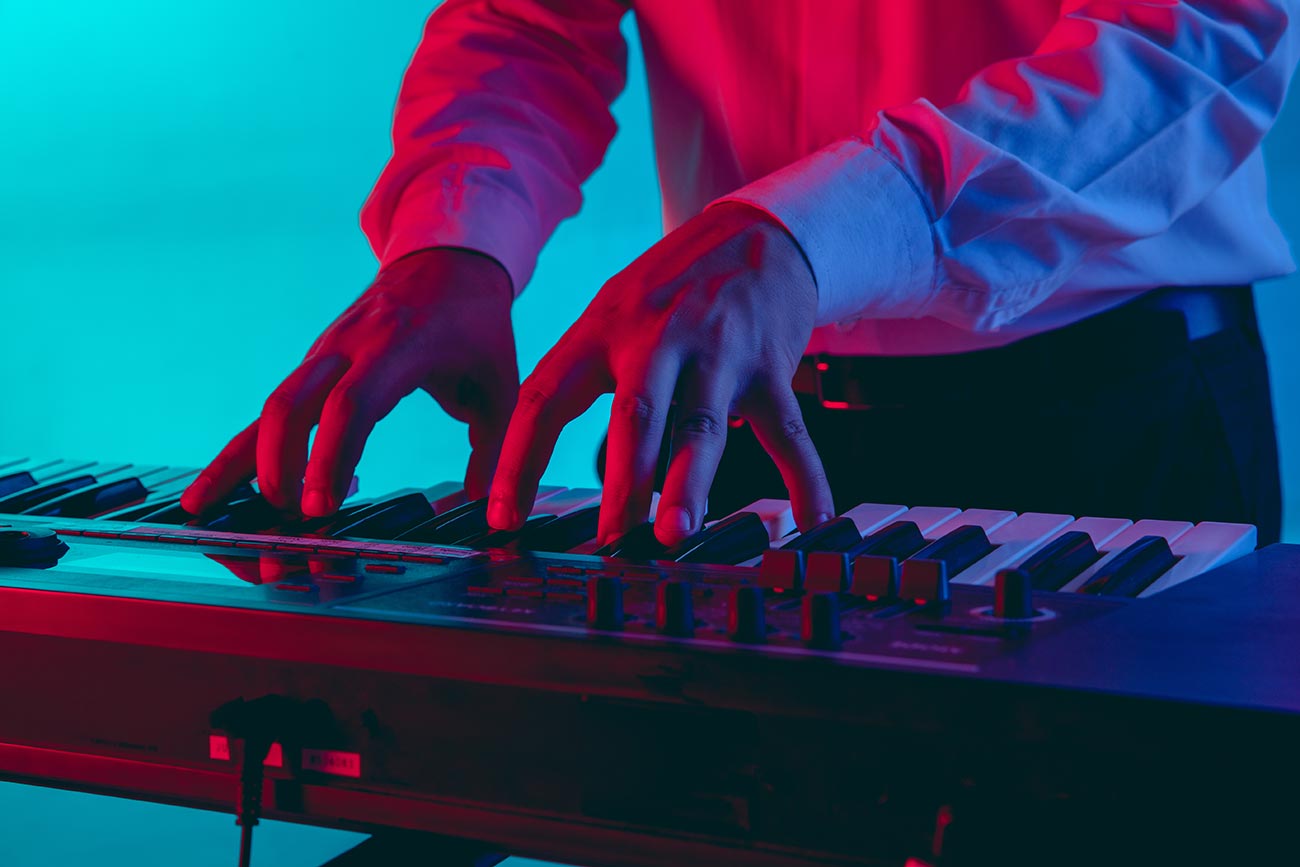
Latest posts

🎶 New Music: JID, OneRepublic, Morgan Wallen, Post Malone, MarkCutz, Kidd Spin + More!

Classic Tracks: The Fireballs’ “Sugar Shack”

Classic Tracks: Arlo Guthrie’s “City of New Orleans”

Classic Track: k.d. lang’s “Constant Craving”

Classic Tracks: Waylon Jennings’ “Are You Sure Hank Done It This Way”
Current show

Stereo Productions
Chus Ceballos
Stereo Productions is synonymous with exciting electronic music today. The label has emerged as the figurehead of the hugely prolific Spanish electronic music scene.
closeUpcoming shows
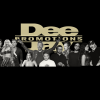
Fresh Is Fresh
This Weeks Hottest Releases
21:00 - 00:00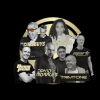
Love To Be
The Global Connection
00:00 - 02:00
Fresh Is Fresh
This Weeks Hottest Releases
02:00 - 09:00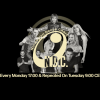
Norwegian Dance Chart
Top 40 Hottest Tracks in Norway
09:00 - 11:00
Fresh Is Fresh
This Weeks Hottest Releases
11:00 - 16:00Chart
Powered by Dee jay promotions visit us
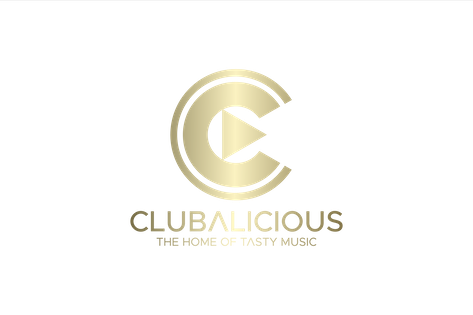




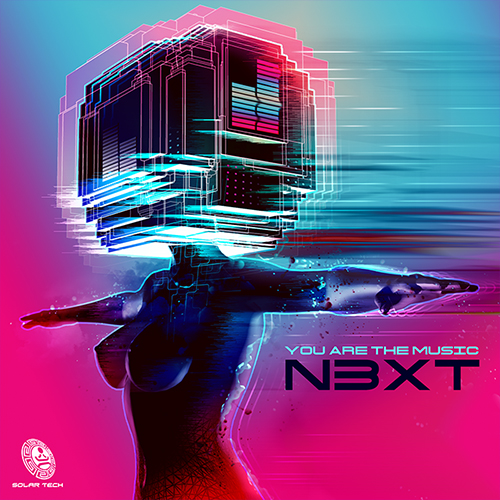
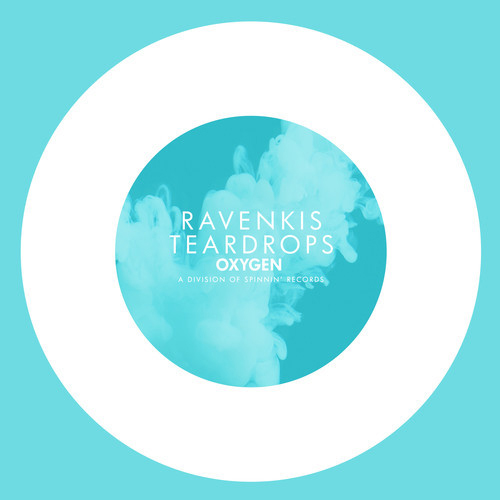
 Invalid license, for more info click here
Invalid license, for more info click here